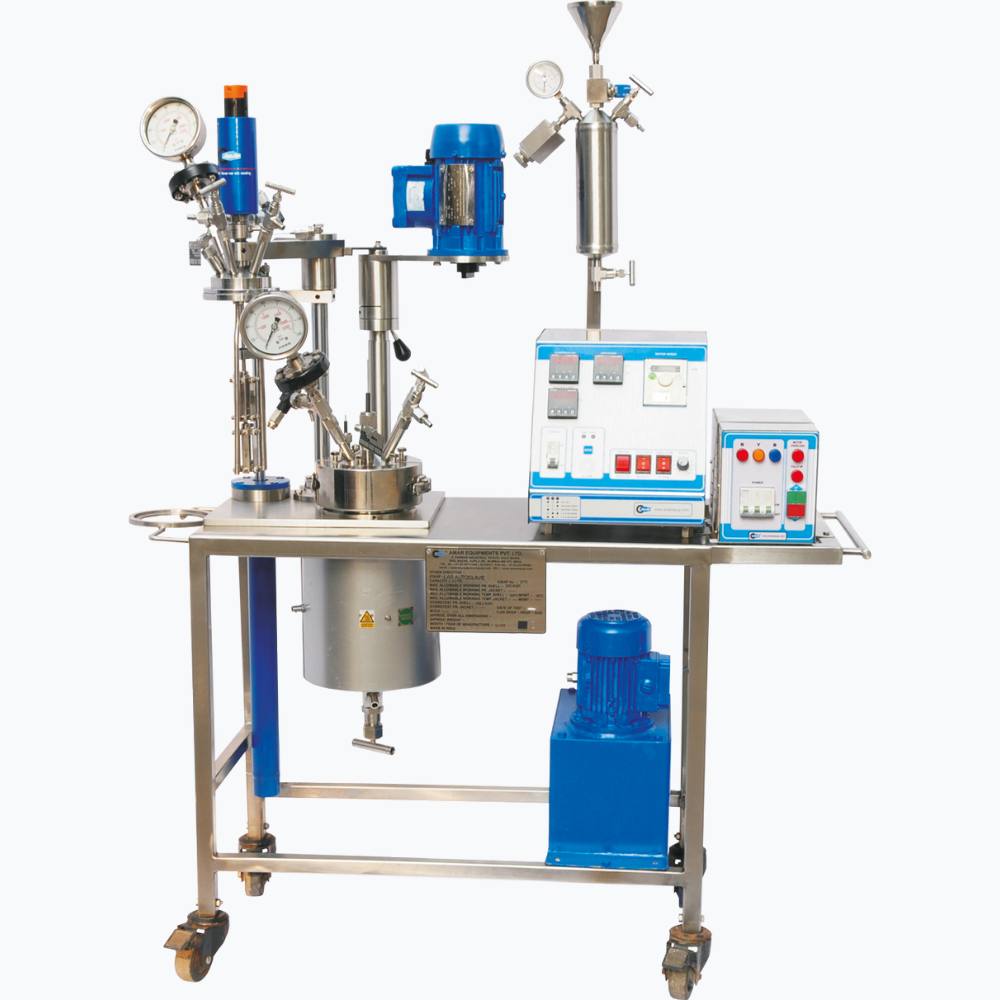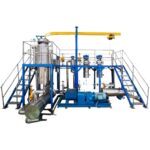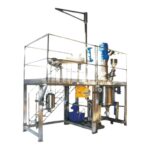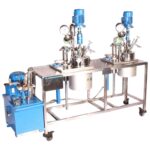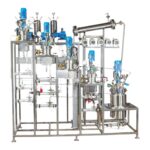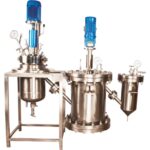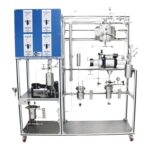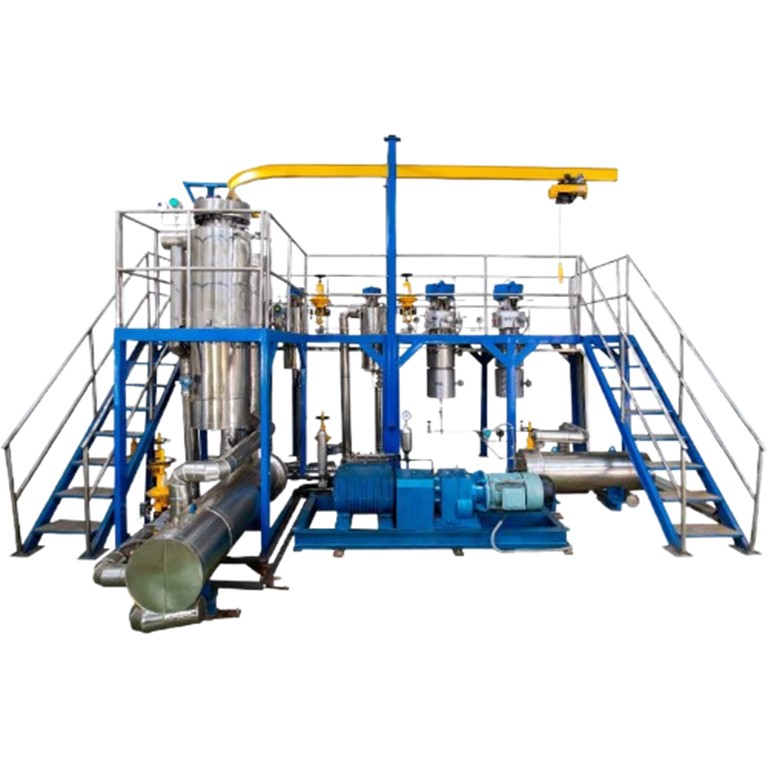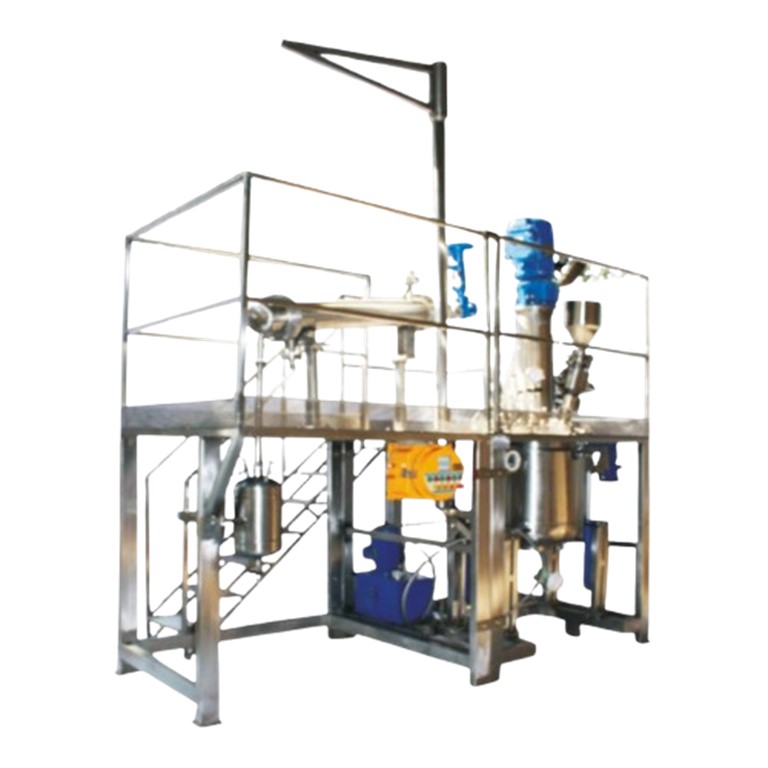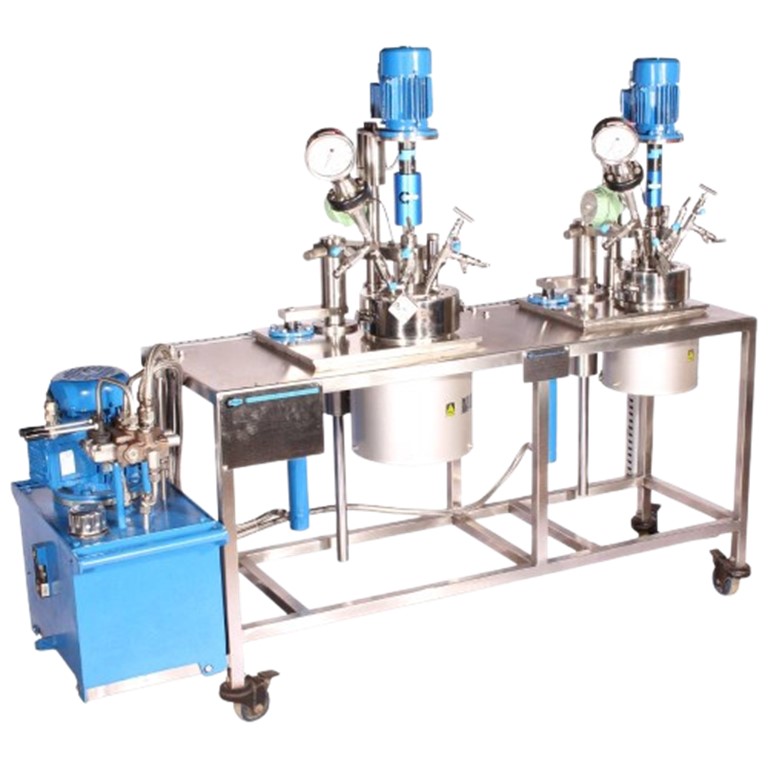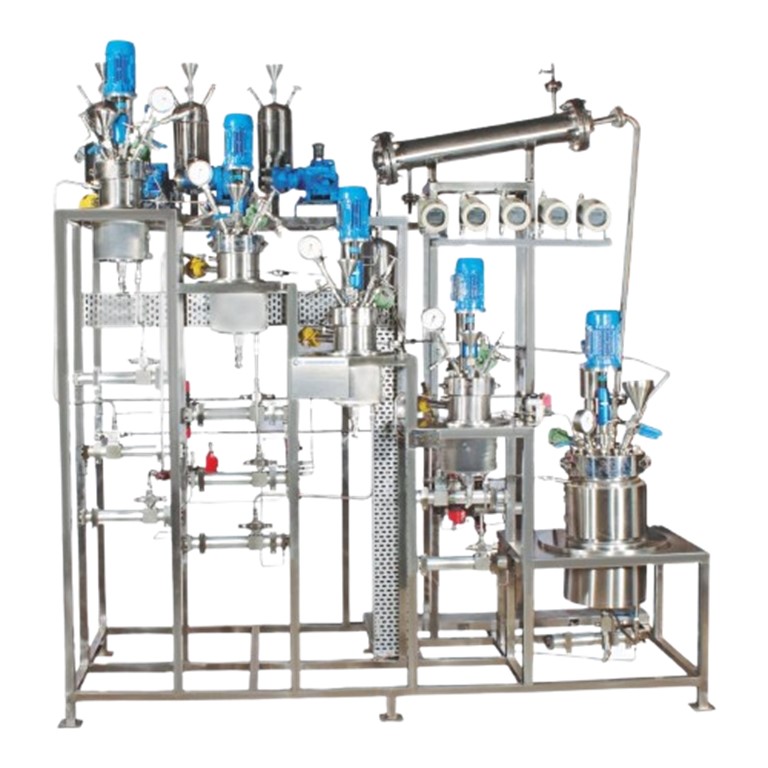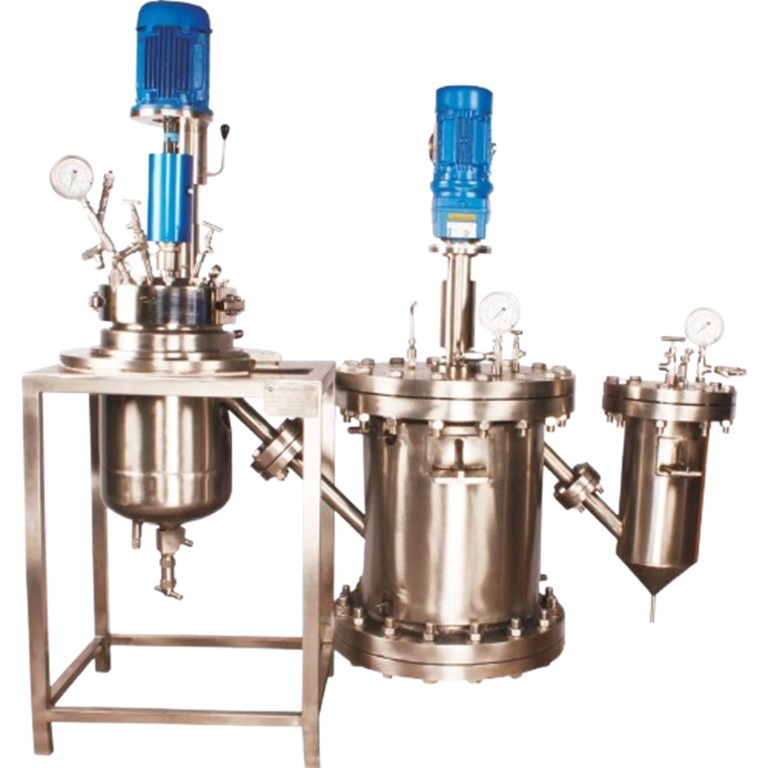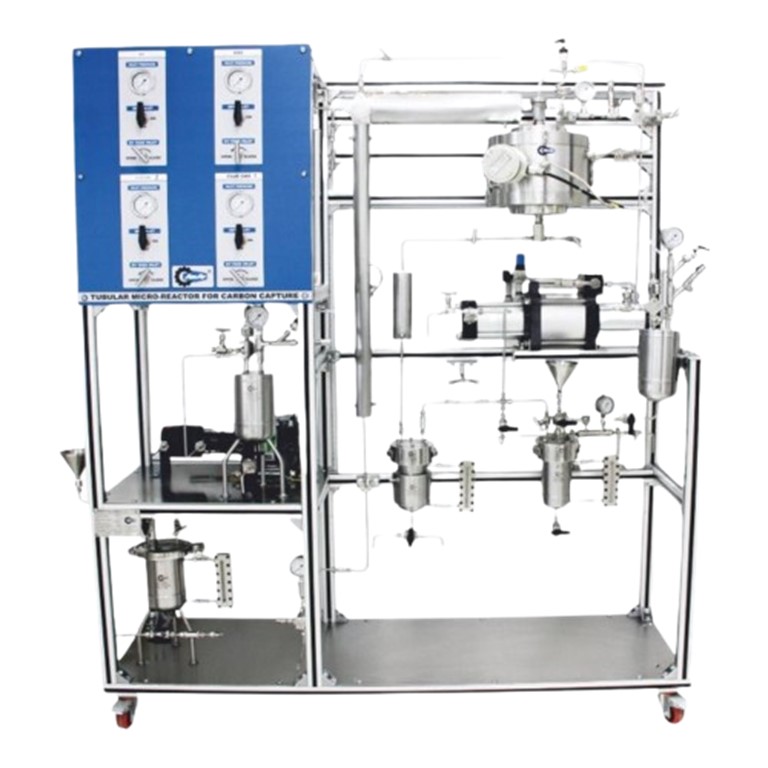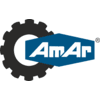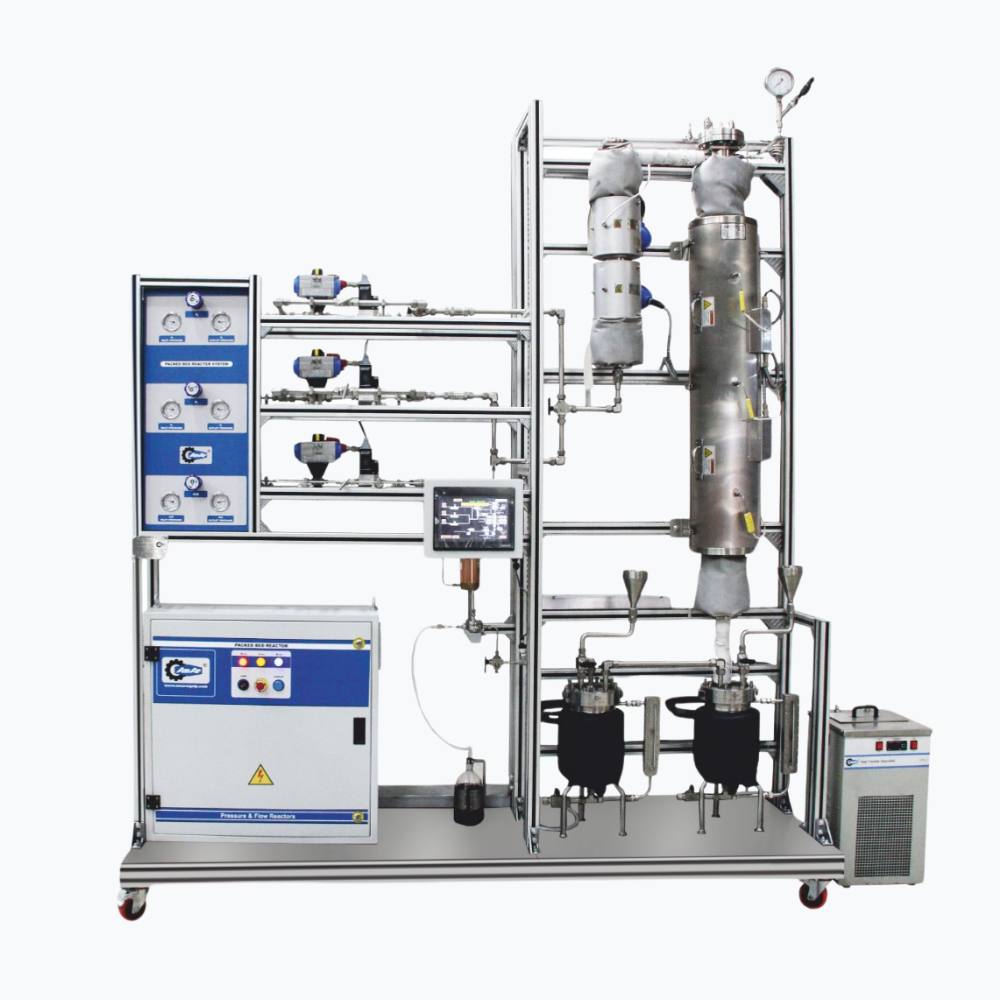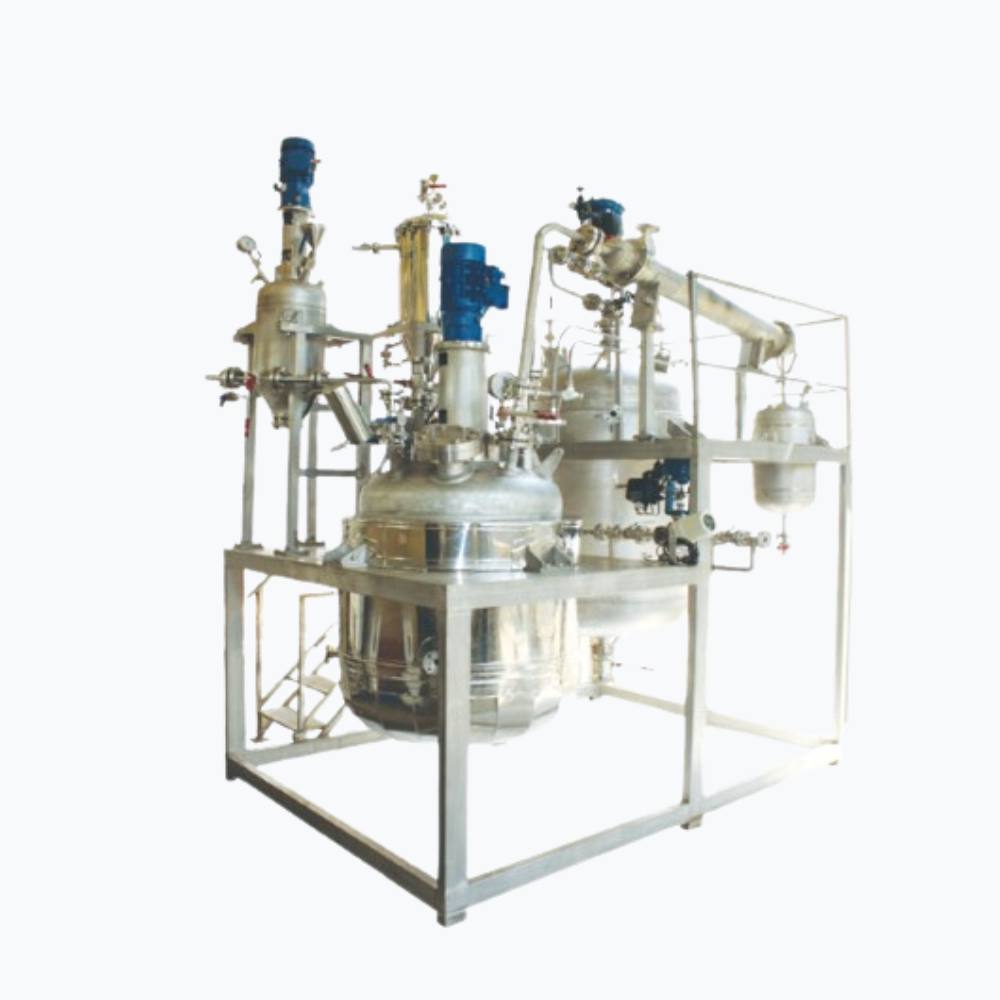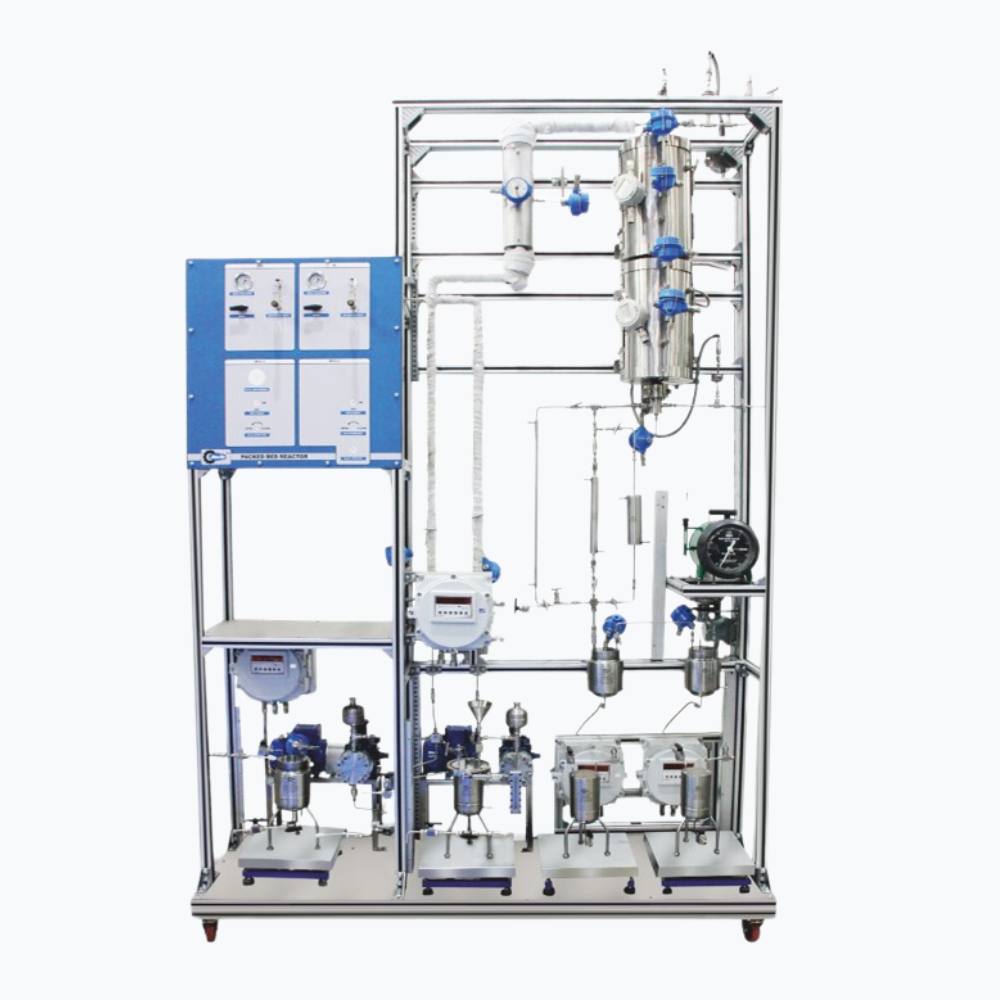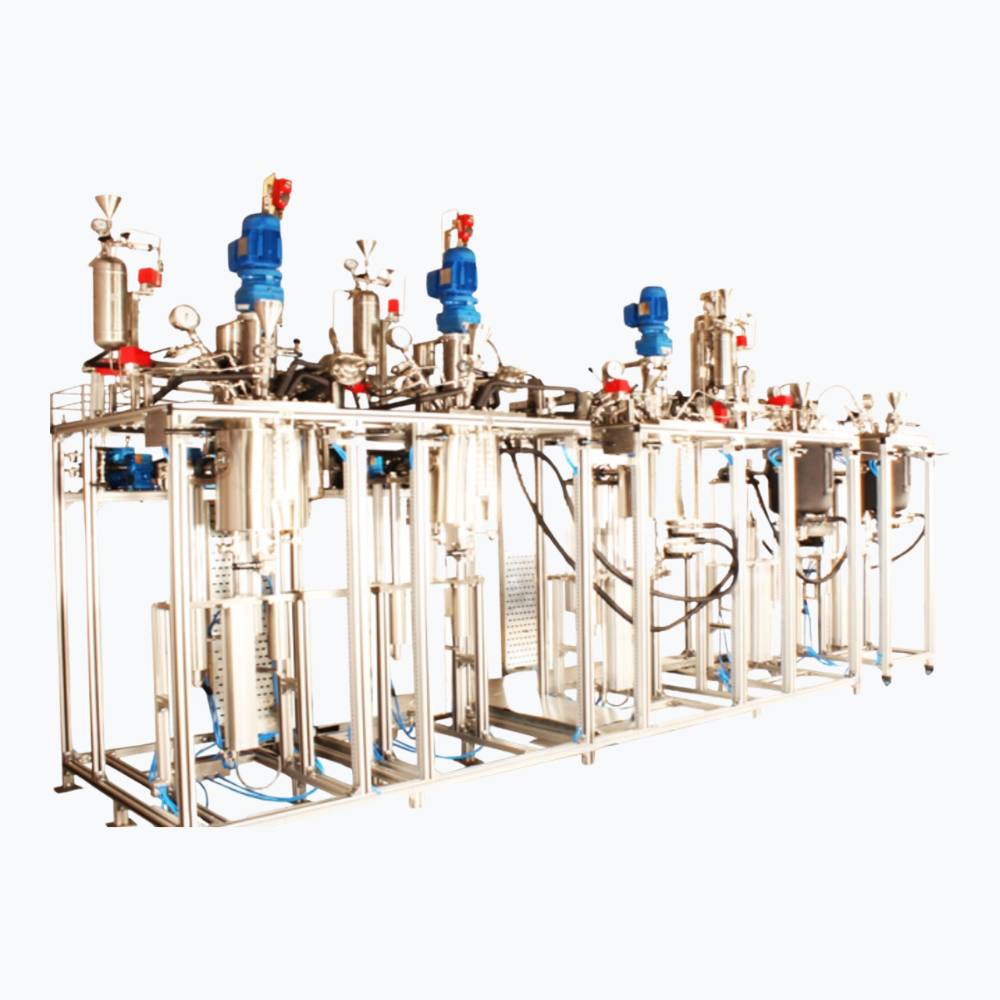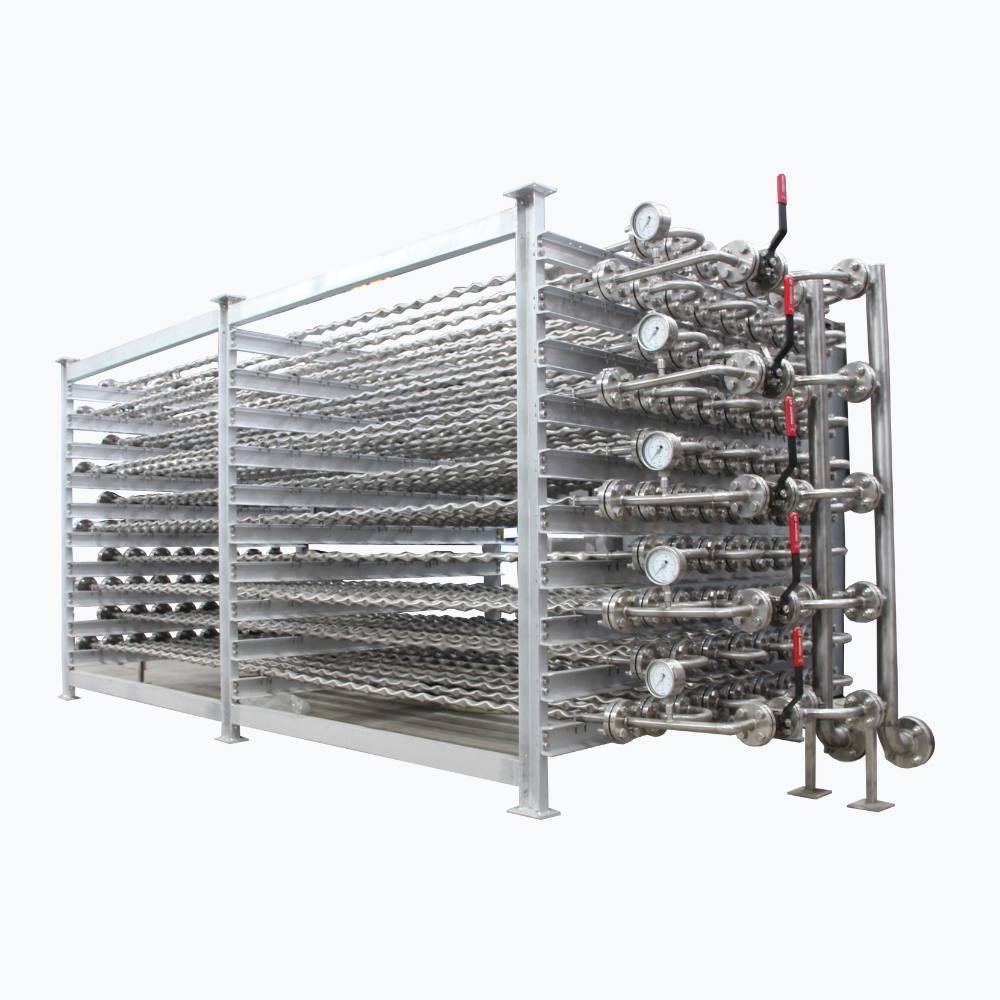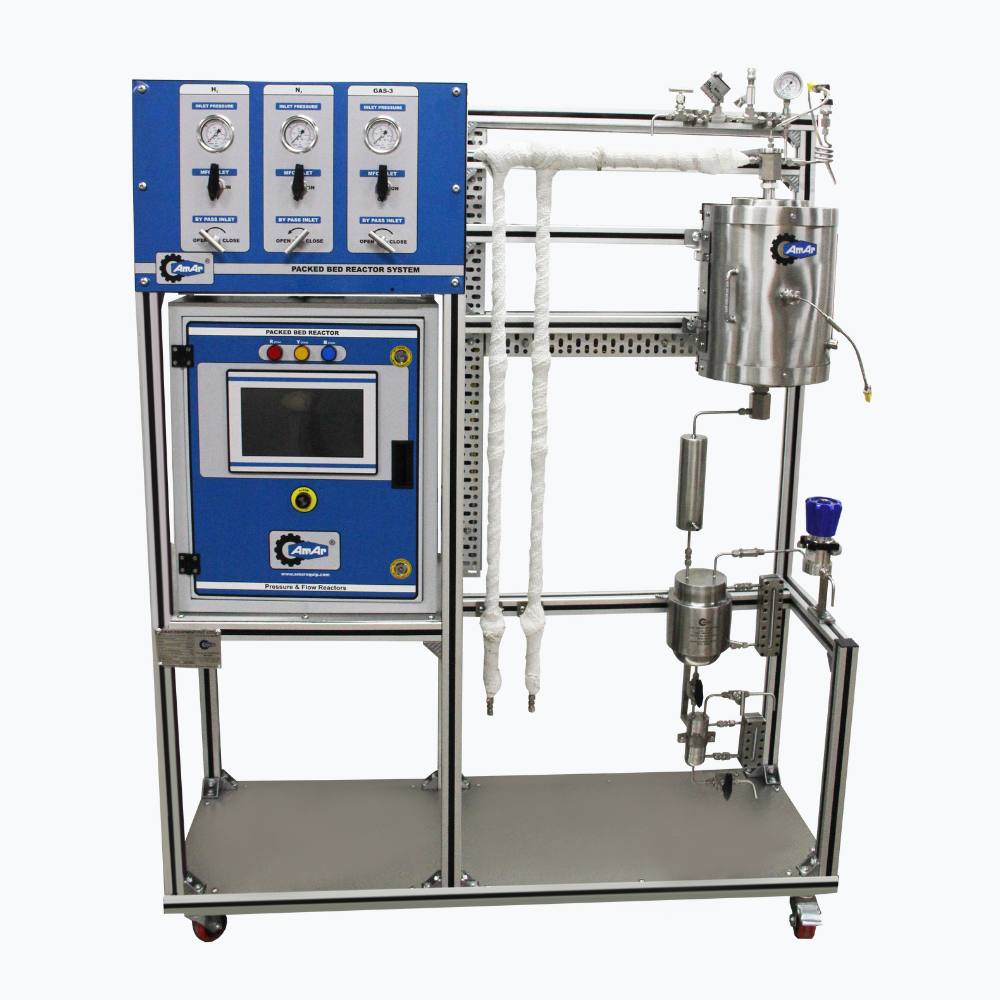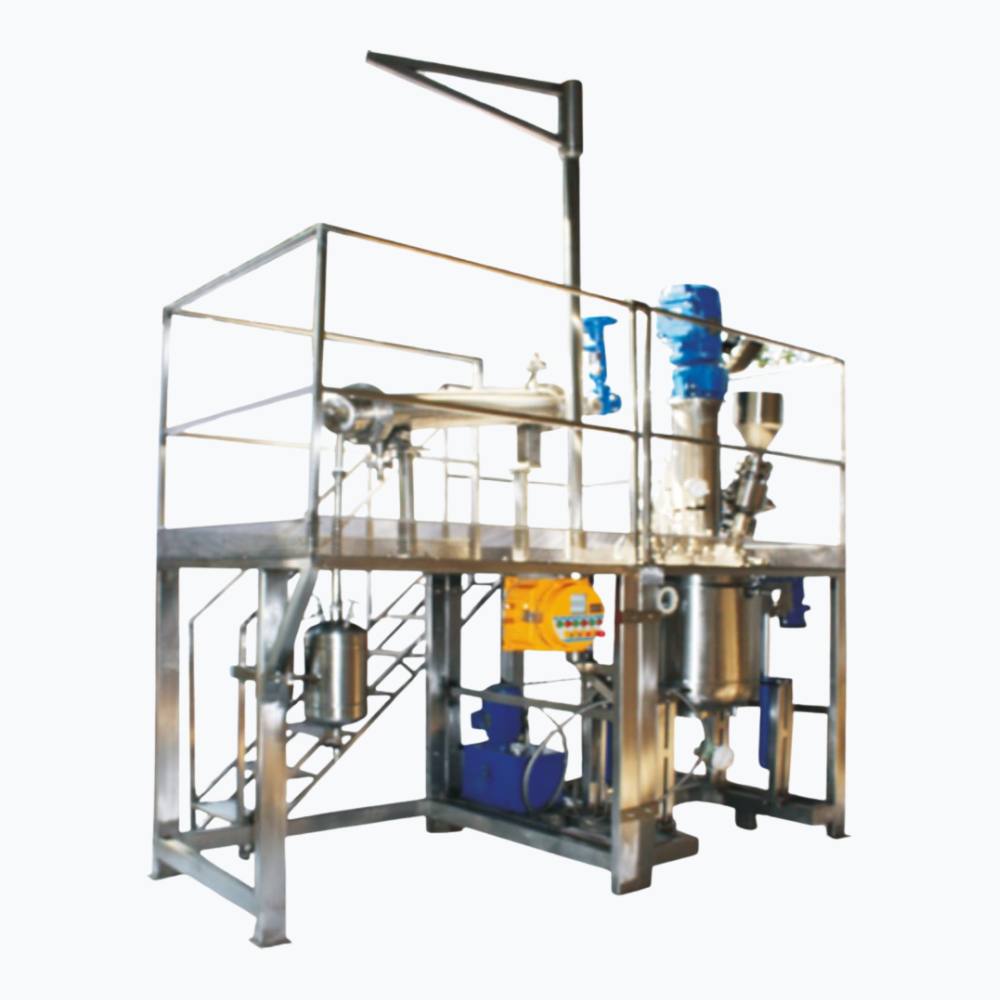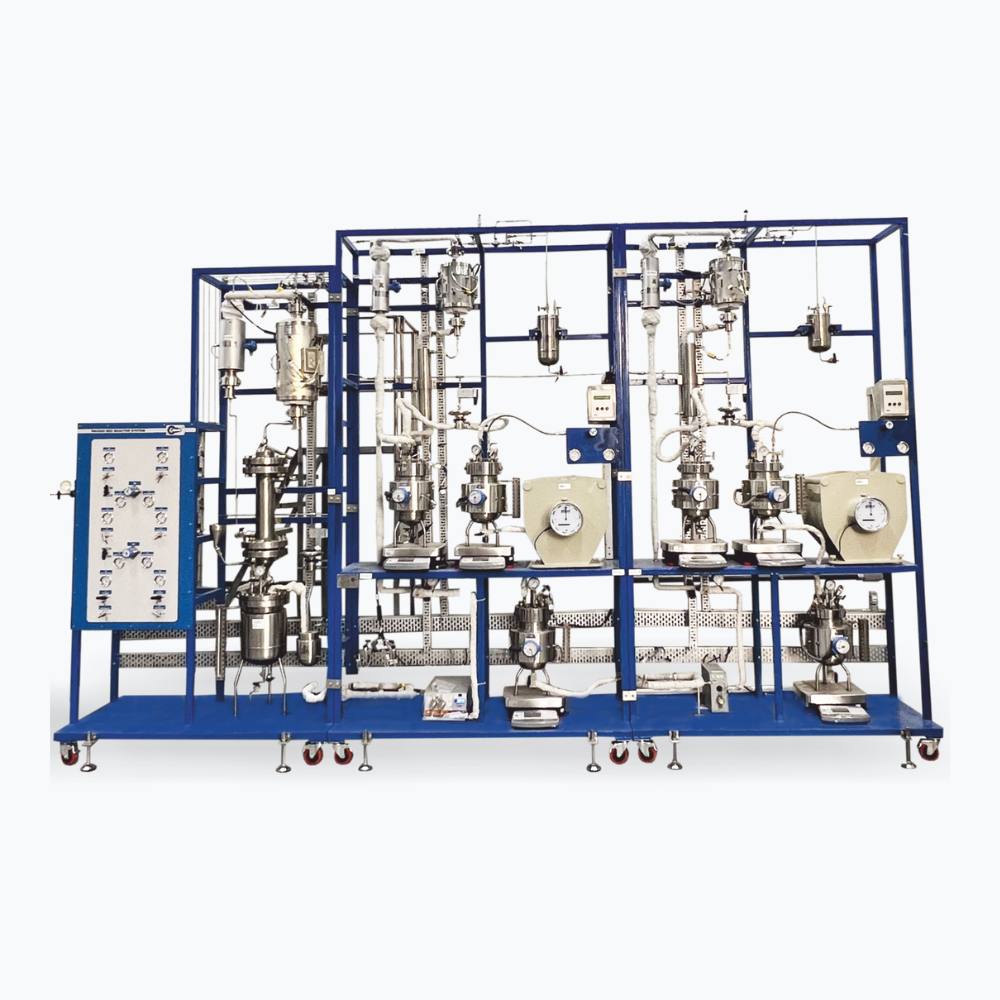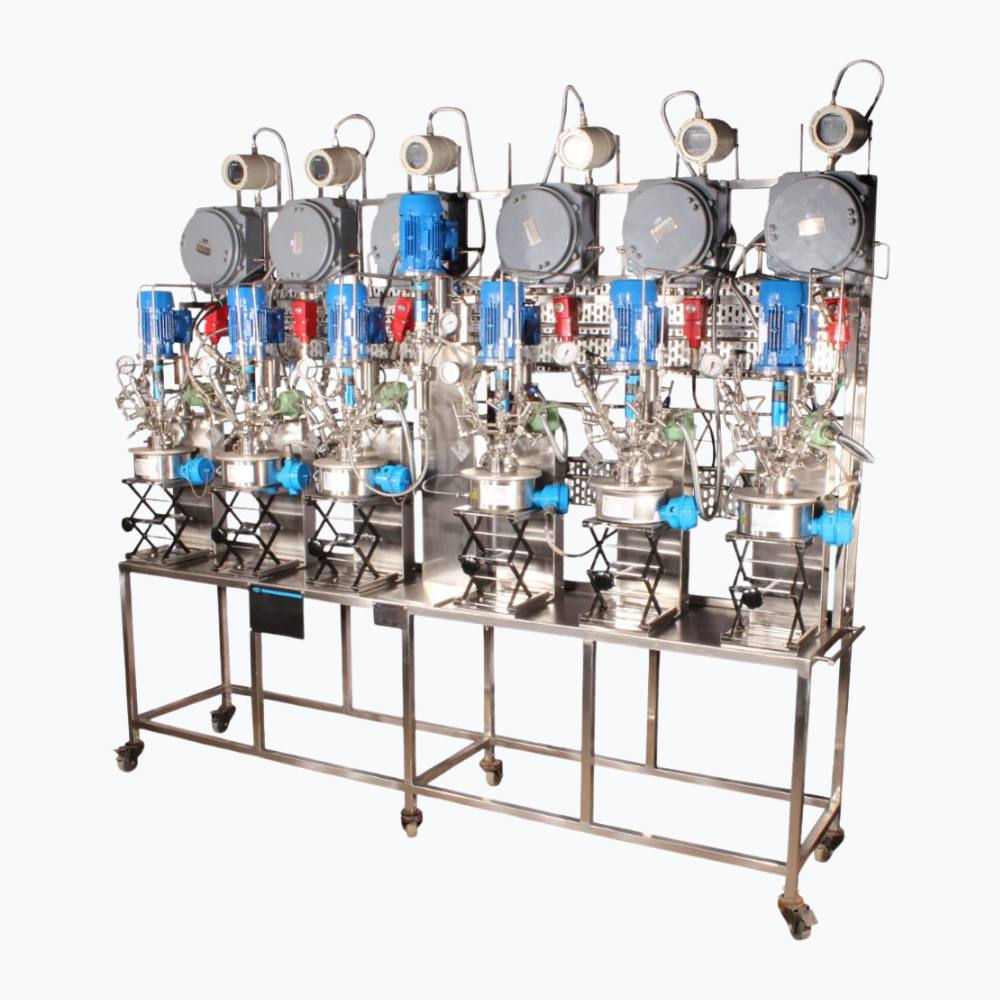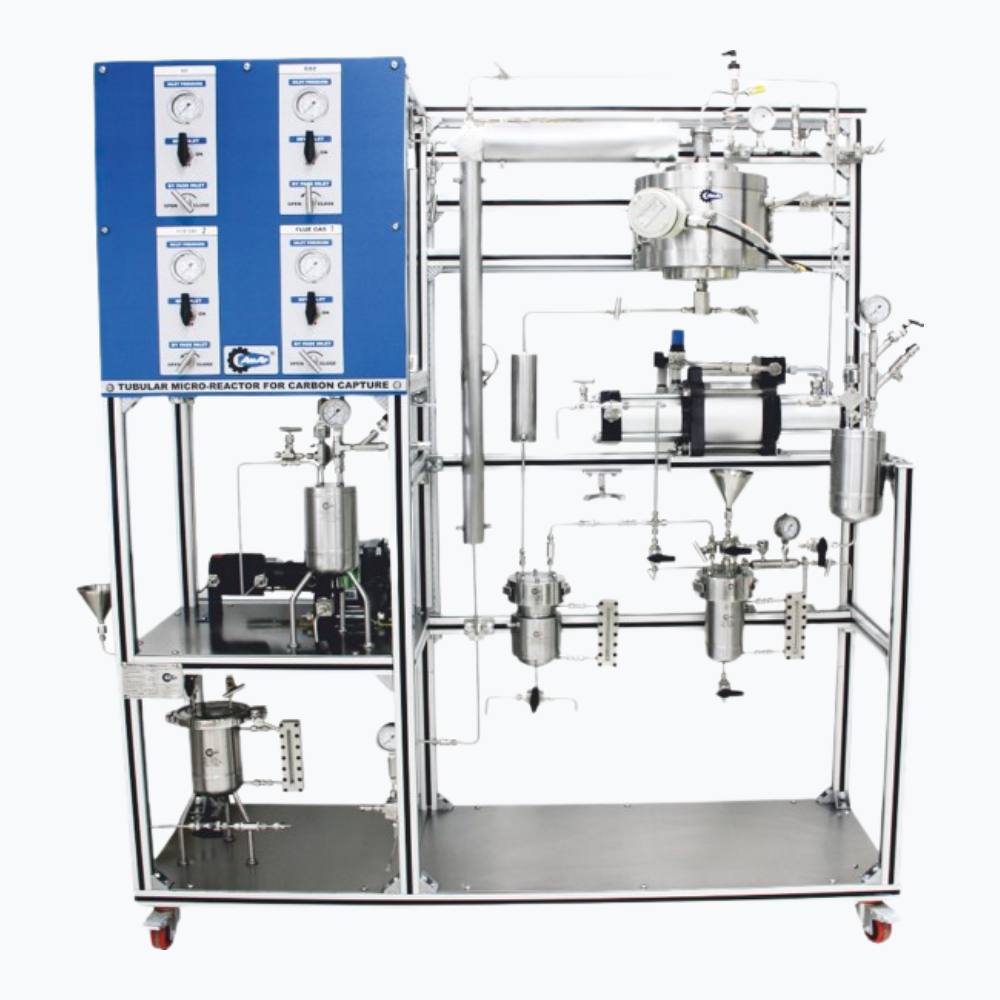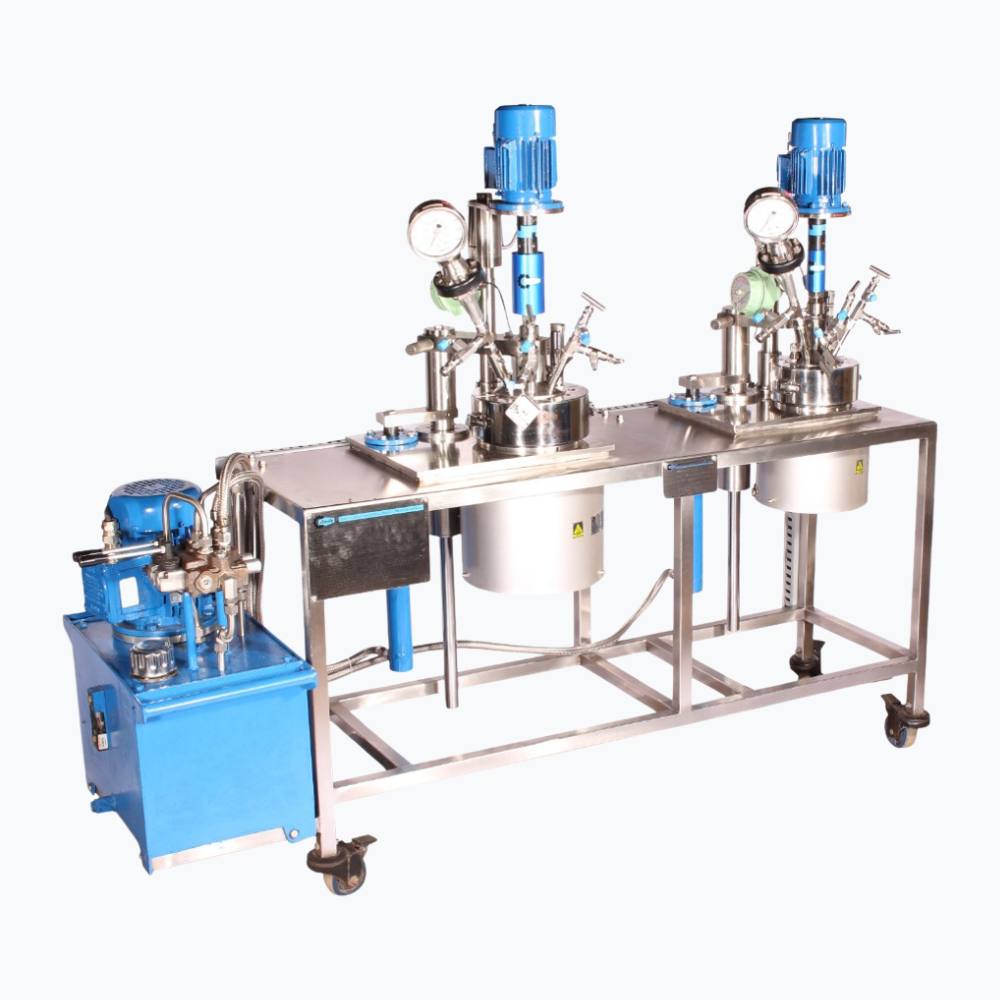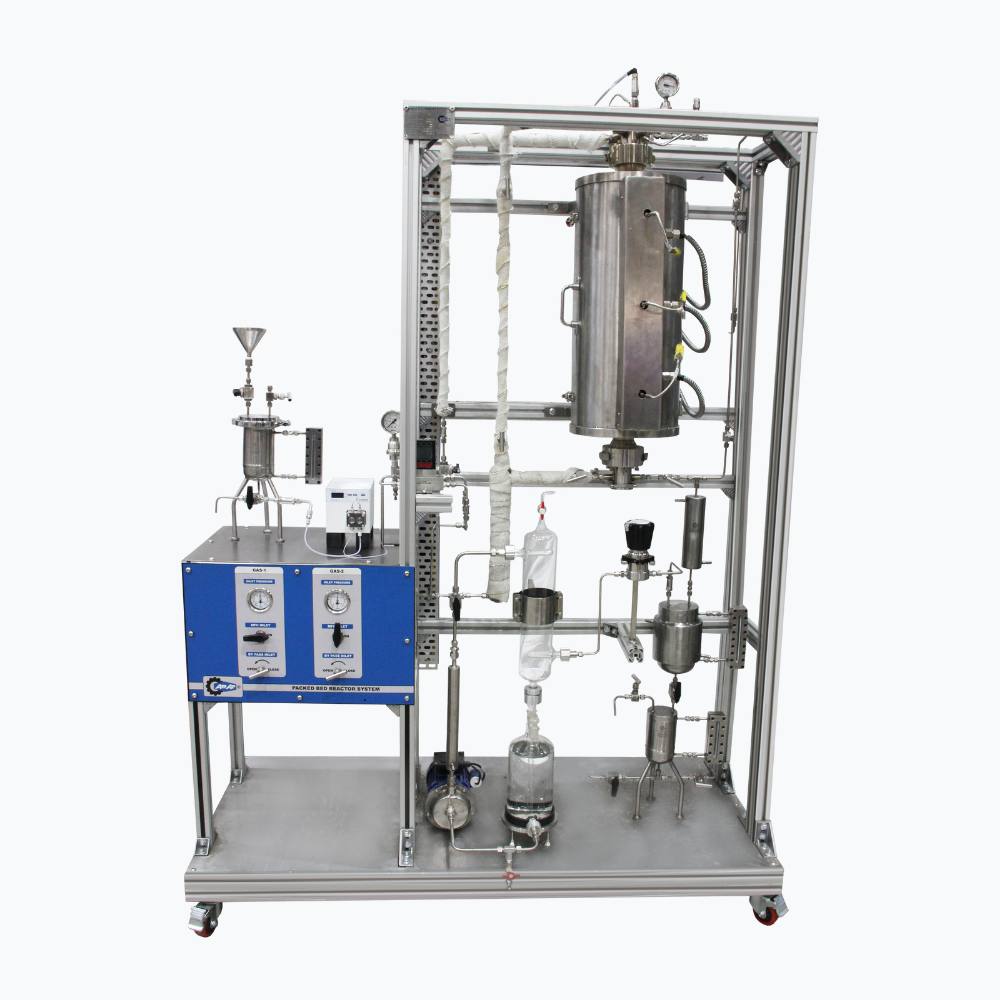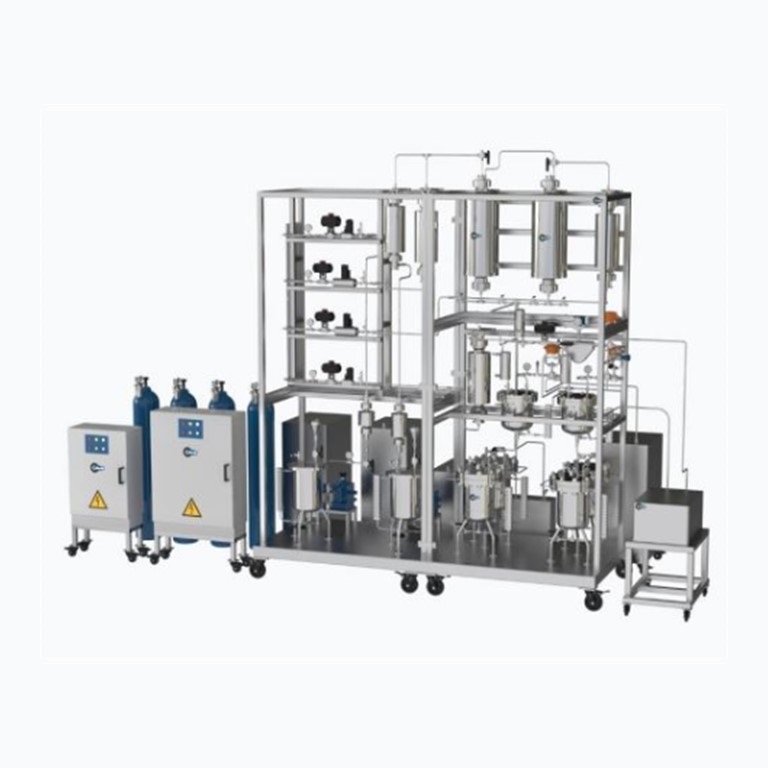Custom Built Pilot Skids
Custom-built pilot skids are modular, turnkey systems designed for process development, integrating reactors, vessels, and controls in a compact, containerized setup.
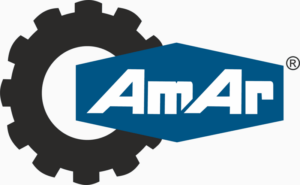
Custom Built Pilot Skids
Custom-built pilot plants from Amar Equipment provide flexible, modular solutions globally, shipped in standard containers and installed on-site. These turnkey units integrate process equipment, instrumentation, and automation, tailored to each application. Engineering experts transform lab concepts into detailed P&ID designs, managing procurement, assembly, and testing in-house. All skids comply with international standards like ASME, CE, and EU-PED. Proven experience spans industries such as pharma, biotech, catalyst screening, Fischer–Tropsch, and hydrodesulfurization.
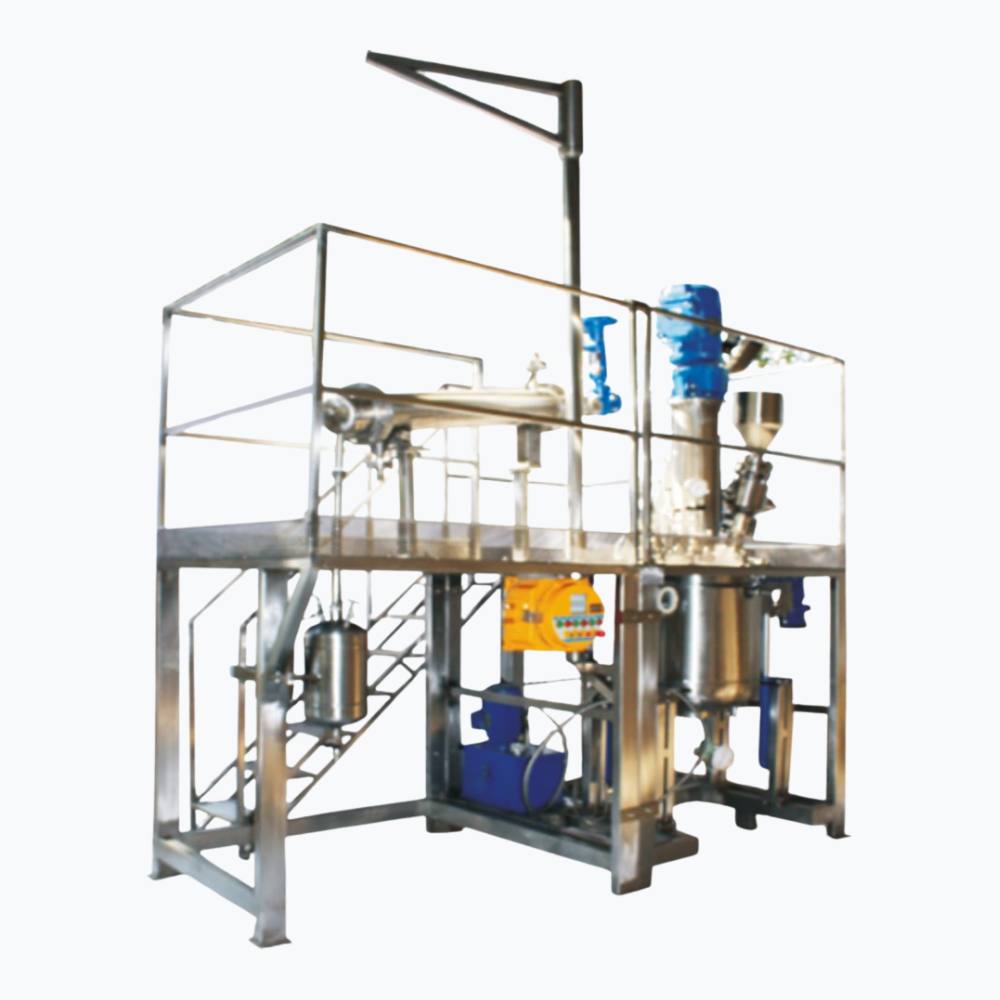

Batch & Flow Reactor Skids
Amar Equipment’s Batch & Flow Reactor Skids are custom-engineered pilot-scale systems designed for diverse chemical processes, including hydrogenation, emulsion polymerization, catalysis, nitrilation, and carbon capture. The range includes packed bed reactors, tubular and pinch flow reactors, CSTRs in series, and FBR systems, each tailored for specific reactions like metal oxide reduction, biojet fuel production, or high-viscosity polymerization.
These skids integrate advanced automation, explosion-proof designs, and are built for high-pressure, high-temperature operations, supporting both batch and continuous processes in R&D and scale-up.
Supercritical Fluid Extraction Systems
Supercritical Fluid Extraction (SCFE) is an advanced, eco-friendly and safe technology used for extracting natural products, particularly in the food and pharmaceutical industries. It offers significant advantages over traditional extraction methods, including better selectivity, efficiency, and the ability to preserve heat-sensitive compounds, making it a more economical and sustainable solution.
SCFE Plant Features
➡️ Volume: 100 mL to 1,000 L
➡️ Feed Capacity: 0.24 kg/day to 2,400 kg/day
➡️ Pressure: Up to 550 bar
➡️ Continuous CO₂ Recycling facility
➡️ Automation: PLC / SCADA / PC for automatic control & remote operation
➡️ Certifications: ASME U-Stamp / PED certified reactors, Ex-proof / ATEX compliant systems
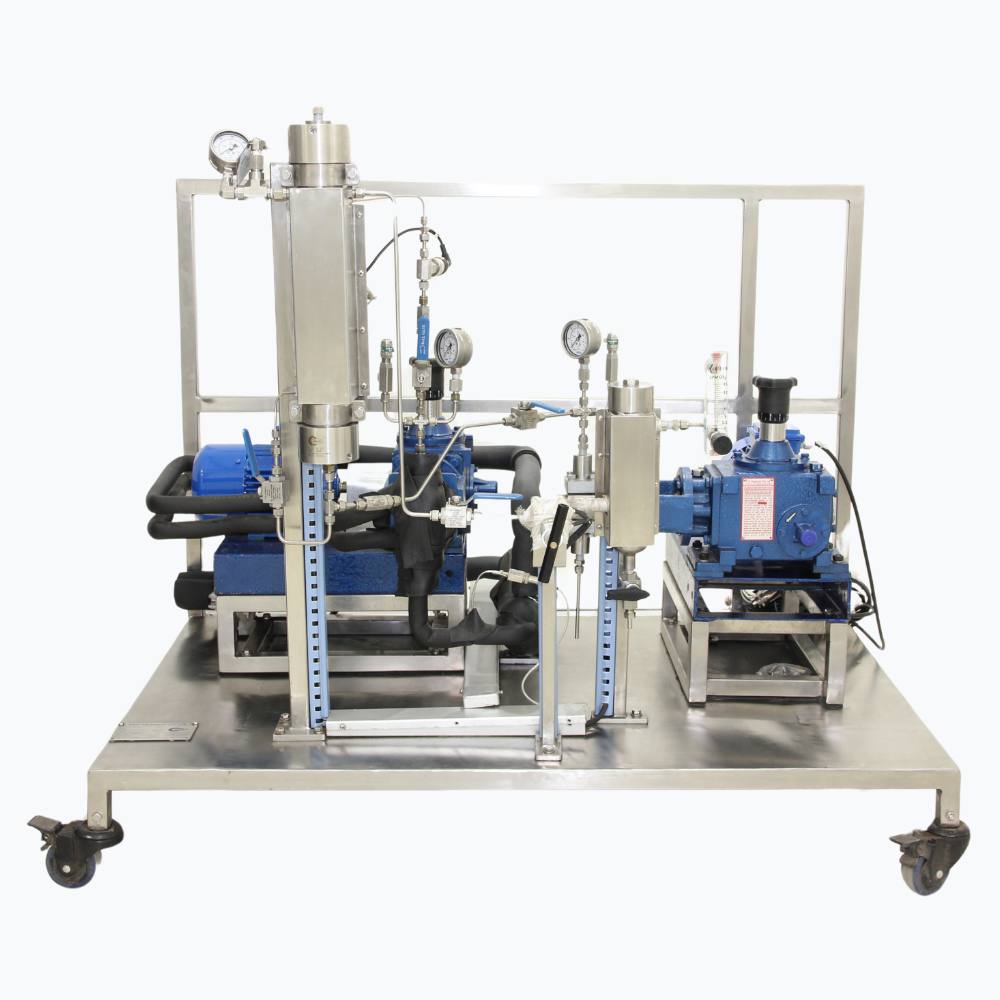
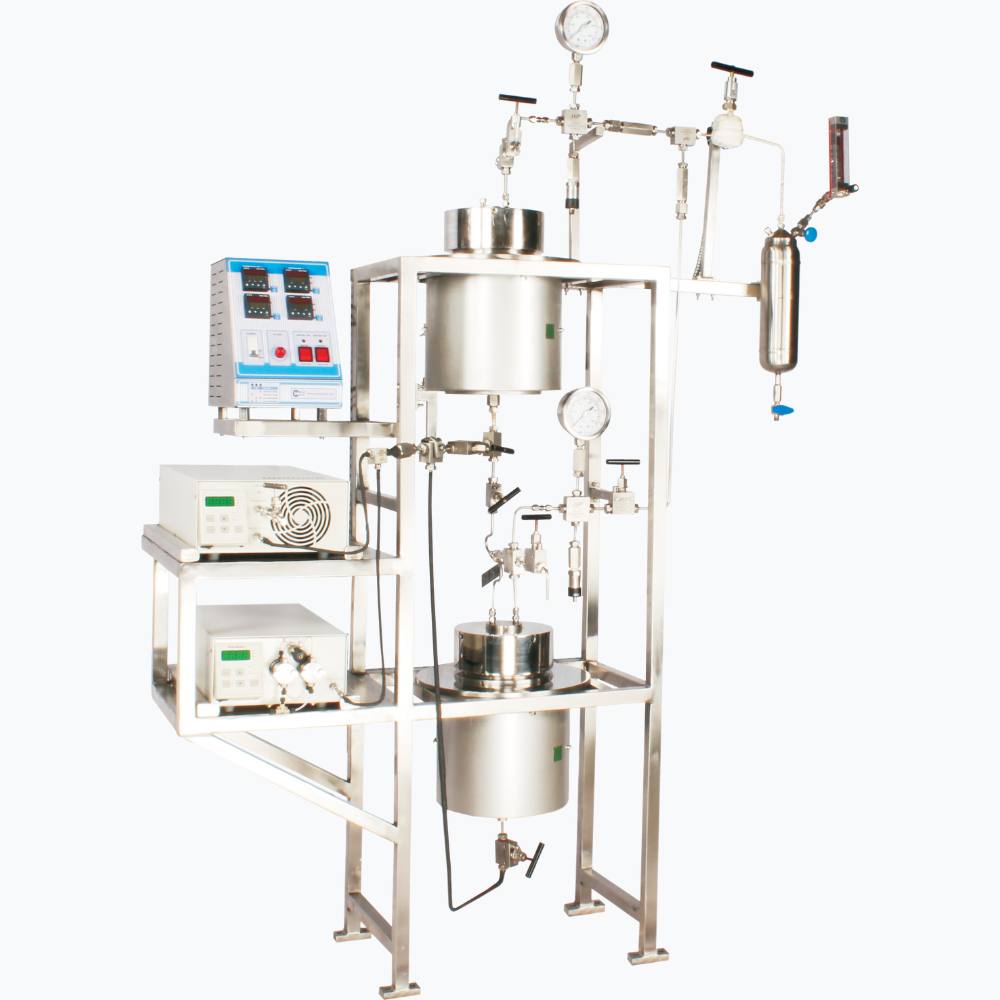
Applications:
➡️ Extraction of Essential Oils & Oleoresins
➡️ Extraction of Flavors, Fragrances & Natural Colors
➡️ Decaffeination of Tea & Coffee
➡️ Production of Uniform & Ultra-Fine Particles
➡️ Textile Dyeing of Polyester Fabrics
➡️ Cleaning of High-Precision Metal Compounds
➡️ Aerogel production and processing
Advantages
➡️ Longer shelf life of extracts
➡️ High potency of active ingredients
➡️ High flexibility in process conditions
➡️ Simultaneous fractionation of extracts
➡️ Low batch times for improved efficiency
➡️ CO₂ recycling, resulting in low CO₂ consumption
➡️ Low operating cost for sustainable processing

Gas Hydrate Formation Systems
Gas hydrates are crystalline compounds where gas molecules, typically methane, ethane, or carbon dioxide, are trapped within a lattice of water molecules under high-pressure and low-temperature conditions.
These hydrates, commonly found in marine sediments and permafrost regions, pose both challenges and opportunities in the energy and environmental sectors. For example, in the oil and gas industry, gas hydrates can cause pipeline blockages, but they also represent a potential future energy source due to the large amounts of methane stored in hydrate deposits. Research into their formation, dissociation, and exploitation is ongoing but requires carefully designed equipment for very high pressures. Amar’s Gas Hydrate systems are designed to support such applications.


➡️ Volume: 100 mL to 100 L
➡️ Pressure: Up to 350 bar
➡️ Temperature: Up to 100 °C
➡️ Material: SS-316, SS-316L, Hastelloy, Titanium, Monel, Inconel, etc.
➡️ Certifications: ASME U-Stamp / PED certified reactors, Ex-proof / ATEX certified systems
➡️ View window & camera for real-time hydrate observation
➡️ Applications: Study of gas hydrate formation and evaluation of thermodynamic & kinetic inhibitors
HPHT Corrosion Testing Systems
Amar’s HPHT Corrosion Testing Systems are designed for testing materials under high-pressure, high-temperature conditions. These systems simulate extreme environments for evaluating corrosion resistance, coating durability, and material performance in sectors like oil & gas. Built with robust alloys and available with automation, they comply with international certifications.

➡️ Volume: 100 mL to 100 L
➡️ Pressure: Up to 350 bar
➡️ Temperature: Up to 600 °C
➡️ Material: SS316, Hastelloy C, Inconel, Titanium, etc.
➡️ Certifications: ASME-U Stamp / PED certified reactors, Ex-proof / ATEX certified systems
➡️ Control: Touch panel & SCADA software for remote operation
Applications:
➡️ Autoclaves for corrosion used in aggressive environments like H₂S and supercritical waters in oil refineries and defense industries
➡️ Electro-chemical corrosion measurements in HPHT media including water and other solutions
➡️ Coating and materials evaluation under high-pressure simulated deep-sea conditions (e.g., submarine paint) using impedance measurements
➡️ Cement curing for deep-sea applications following API standards
➡️ Polymer testing, curing, and processing under HPHT conditions
➡️ Slow strain rate tests for stress corrosion cracking in HPHT environments
